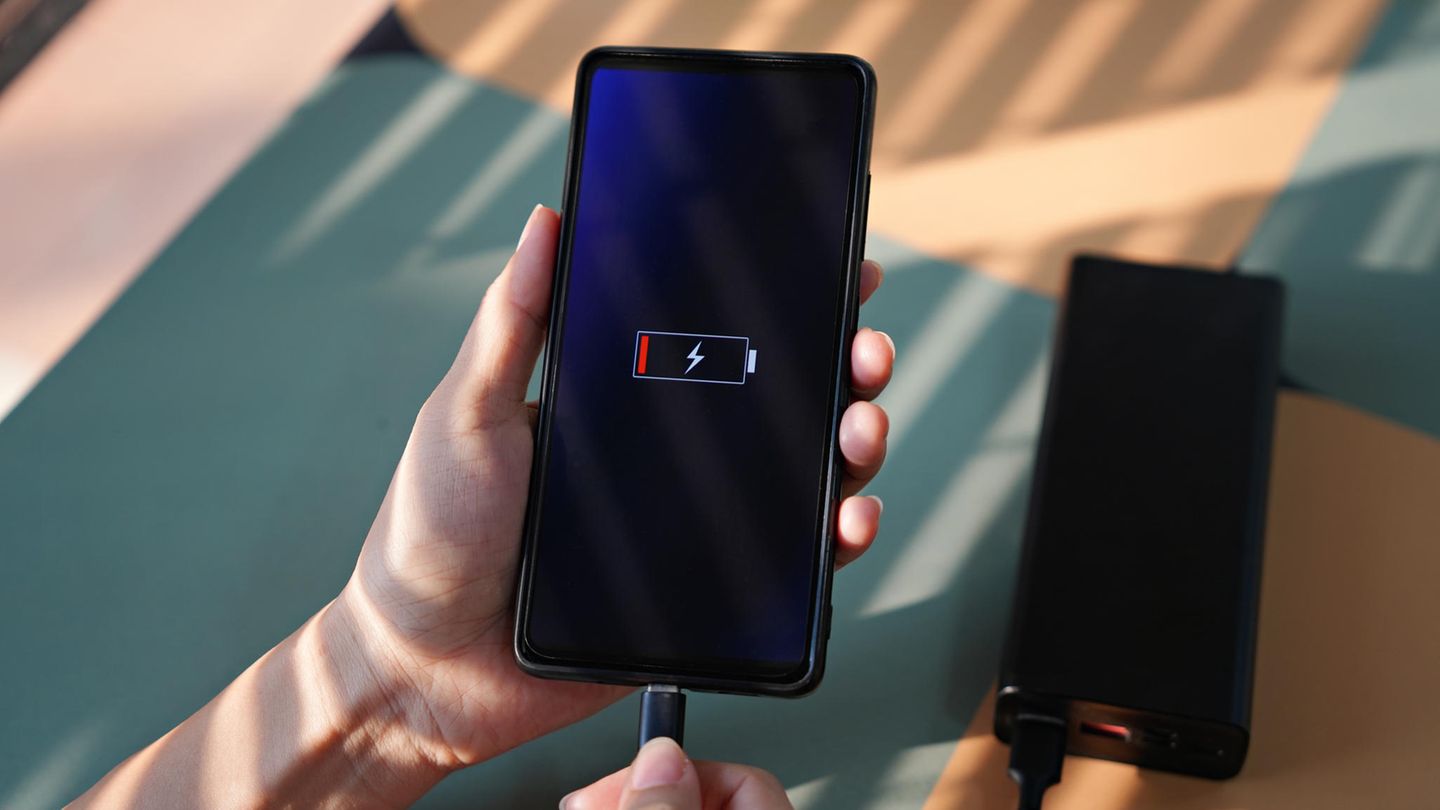Willy Brandt won elections for the SPD and received the Nobel Prize for his Eastern policy. Then a spy scandal brought him down. Or was there other reasons? And what does the speed limit have to do with it?
When Willy Brandt landed at Cologne-Bonn Airport after a business trip at midday on April 24, 1974, his head of the Chancellery, Horst Grabert, and Interior Minister Hans-Dietrich Genscher were waiting on the tarmac. “Even from a distance, you could tell that they had something special to say to me,” Brandt later recalled.
Brandt’s speaker Günter Guillaume and his wife Christel were arrested early in the morning. Both are spies for the GDR state security agency. “The news was a hammer,” writes Brandt in his “Memoirs.” On May 6, 1974, the Social Democrat resigned from the office of Chancellor.
Even 50 years later, the so-called Guillaume affair is still considered one of the most spectacular espionage cases in the Federal Republic. “Neither before nor since had an agent from the communist sphere of power succeeded in penetrating so far into the innermost center of political power,” said Jena historian Annette Weinke recently in a lecture at the Federal Chancellor Willy Brandt Foundation. The “communist sphere of influence” is history, the whole scandal seems like a distant echo of the Cold War. On the one hand. On the other hand, the case continues to fascinate today. How could a Federal Chancellor and Nobel Peace Prize winner, who was then as iconically revered today, fall over this?
“Chancellor in crisis”
The political environment seems astonishingly current. The “Spiegel” ran the headline in the fall of 1973 with the supposedly weak leader “Chancellor in Crisis” and wrote: “In the government, the Chancellor allows too much freedom according to the taste of many comrades in the FDP, and the thought of his downfall is no longer taboo .” Sound familiar?
The specific political problems are also reminiscent of today. A war had triggered an energy crisis, then the so-called Yom Kippur War after an attack by Arab states on Israel. “Growth stagnated, unemployment rose, and so did the price level,” writes Brandt. There were also collective bargaining disputes and strikes as well as an issue that apparently lasted forever: “The proposal for a speed limit failed due to the resolute objections of our liberal party colleagues.”
Brandt won a fantastic election victory for the SPD in 1972. But in the meantime he was arguing with his coalition partner FDP and with Herbert Wehner, the head of the SPD parliamentary group. The CDU/CSU opposed his Eastern policy, i.e. the détente in relations with the then Soviet Union and the GDR with the so-called Eastern Treaties. In 1973, the German-German Basic Treaty came into force, the de facto recognition of the GDR. The central point was the opening of “permanent representations” of both sides in Bonn and East Berlin, respectively, planned for May 1974. A few days before that, the “hammer” came: the arrest of the Guillaumes in their apartment on Ubierstraße in Bonn-Bad Godesberg.
From the coffee shop to the Chancellery
Günter Guillaume was born in Berlin in 1927 and moved to Frankfurt am Main from the GDR with his wife Christel in 1956 as an alleged refugee. In fact, both were traveling on behalf of the Ministry for State Security, codenames “Hansen” and “Heinze”. They opened a tobacco shop and joined the SPD as instructed. Günter Guillaume managed the election campaign of the SPD Transport Minister Georg Leber and then received Leber’s recommendation for a speaker position in the Chancellery.
Guillaume’s GDR past, inconsistencies in the security check and even whispers about his mediocrity didn’t stop the man. In the fall of 1972, he was promoted to personal advisor to the Chancellor, responsible for Brandt’s appointments as SPD leader, as the research assistant in the research department of the Willy Brandt Foundation, Kristina Meyer, reports in her review of the secret service affair. But as early as May 1973, the Federal Office for the Protection of the Constitution had concrete suspicions against Guillaume. He was being tracked down almost a year before his arrest.
Brandt was informed. But investigators asked him to keep Guillaume in office to search for evidence against him. The speaker even went on vacation with the Brandts to Norway in the summer of 1973 and handled secret documents there. When the pressure to stop the suspected spy grew in the spring of 1974, the investigators still didn’t have enough on their hands. They were lucky, Guillaume exposed himself when he opened the door to the police in his dressing gown. According to Brandt’s “Memoirs,” the then 47-year-old said that he was a “citizen of the GDR and its officer.”
The Chancellor blackmailable?
“The Chancellor was not to be blamed for the failures in the Guillaume case,” analyzes historian August Hermann Leugers-Scherzberg. “The Office for the Protection of the Constitution and the Ministry of the Interior had failed.” So why didn’t the Interior Minister resign, but rather the Chancellor?
The reason was statements from Brandt’s bodyguards, which may have been made under pressure. The essence was sex rumors: the head of the Bonn security group and Guillaume himself had the task of “getting women for the Chancellor”, be they journalists, casual acquaintances or prostitutes. Guillaume therefore had blackmailing knowledge about the Chancellor, wrote the President of the Federal Criminal Police Office, Horst Herold, to Interior Minister Genscher on April 30. President of the Federal Office for the Protection of the Constitution Günter Nollau is said to have urged his resignation.
Brandt himself denied that he was open to blackmail. According to his book, Guillaume does not have any information concerning him that affects the interests of the state. “Brandt therefore believed himself to be the victim of an intrigue by the Office for the Protection of the Constitution,” writes Leugers-Scherzberg. Brandt was already struggling because of the domestic political difficulties. After Guillaume’s exposure, he felt abandoned, especially by his comrade Wehner. Brandt left.
“I was just the stick”
Guillaume later said: “I was just the stick with which they drove him out of office.” In a 15-page report, State Security took the same line. Brandt’s downfall was obviously not in the interests of the GDR leadership, as they lost the Bonn protagonist of Eastern policy. The Stasi wrote: “The arrest of his personal advisor was used by the reactionary and anti-détente forces as an opportunity to further intensify the planned campaign against Brandt.”
Despite resigning as Chancellor, Brandt remained SPD leader. Helmut Schmidt took over the government office. Genscher became foreign minister. Günter and Christel Guillaume were sentenced to long prison terms in 1975, but were released to the GDR in 1981 in exchange for becoming German citizens. Stasi Minister Erich Mielke welcomed them like heroes: “Your mission to fight for the cause of socialism and peace to the last possible extent has been honorably fulfilled.” Günter Guillaume died in 1995. Christel divorced and lived until 2004.
Source: Stern
I have been working in the news industry for over 6 years, first as a reporter and now as an editor. I have covered politics extensively, and my work has appeared in major newspapers and online news outlets around the world. In addition to my writing, I also contribute regularly to 24 Hours World.




